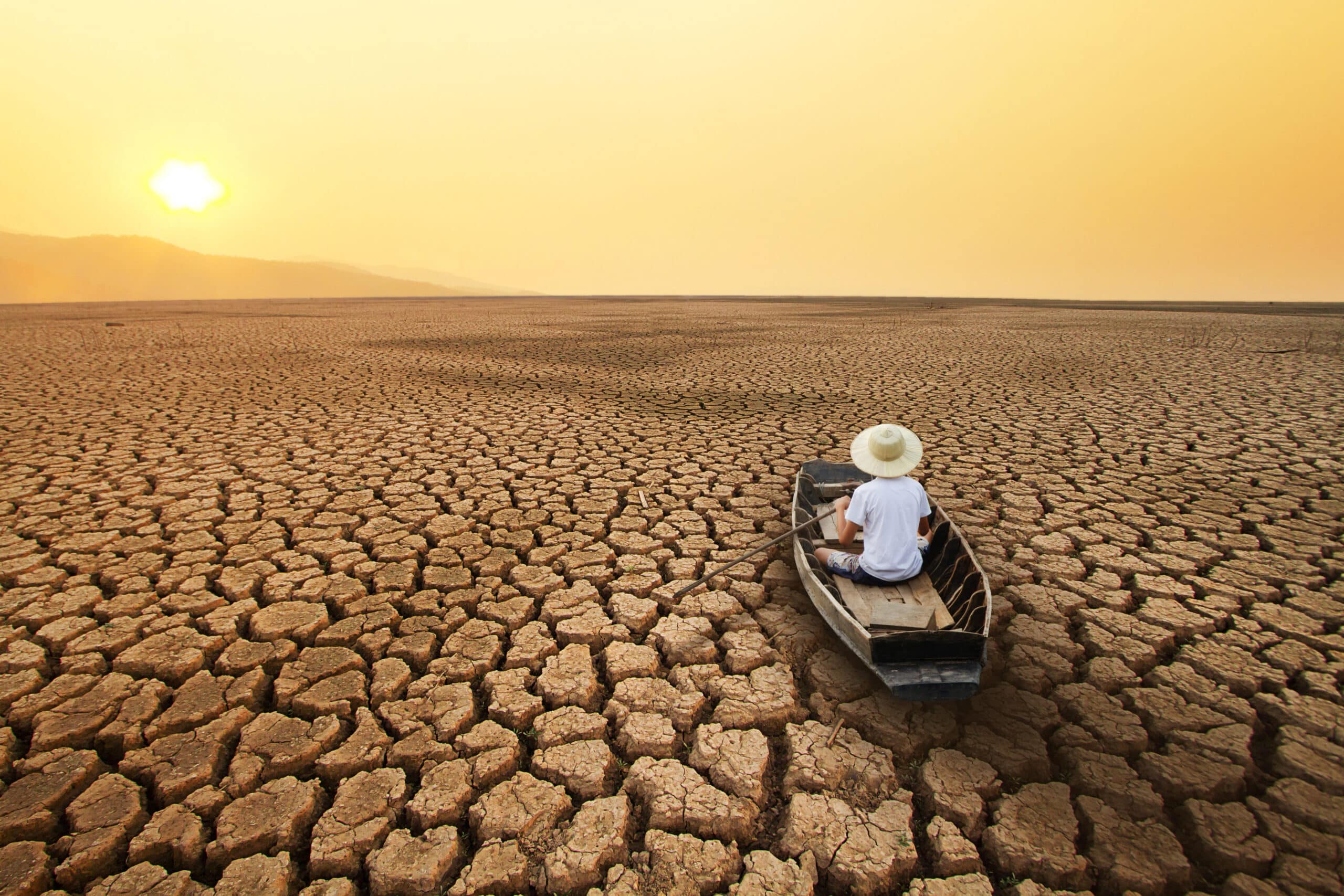A universal approach is the only way urban developments will become more sustainable landscaping, agriculture and gardening don’t require potable-quality water.
Many of these needs can be met with reclaimed water, as much as 75% of municipal water can be reused as source for irrigation and other applications within various industries and environments.
African communities face many problems that can be directly associated with the lack of water and sanitation. Job creation for future generations can only be achieved with adequate access to water and energy.
MEB has been leading the energy efficient water sector, with proven technology and robust designs, that guarantee high quality product water.

